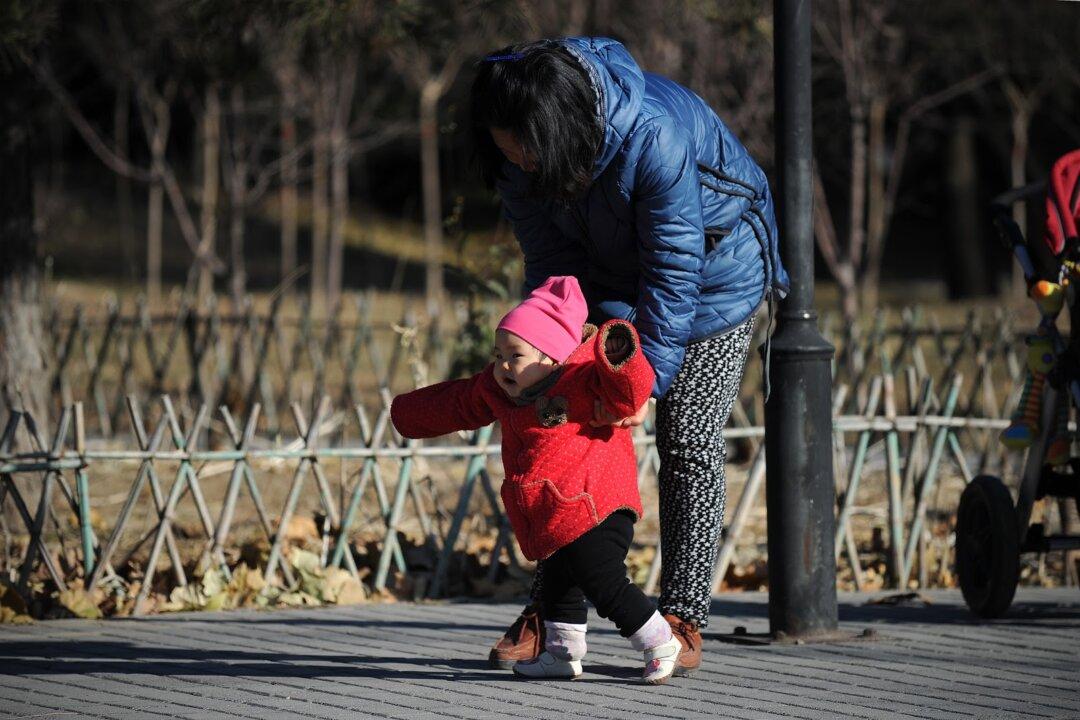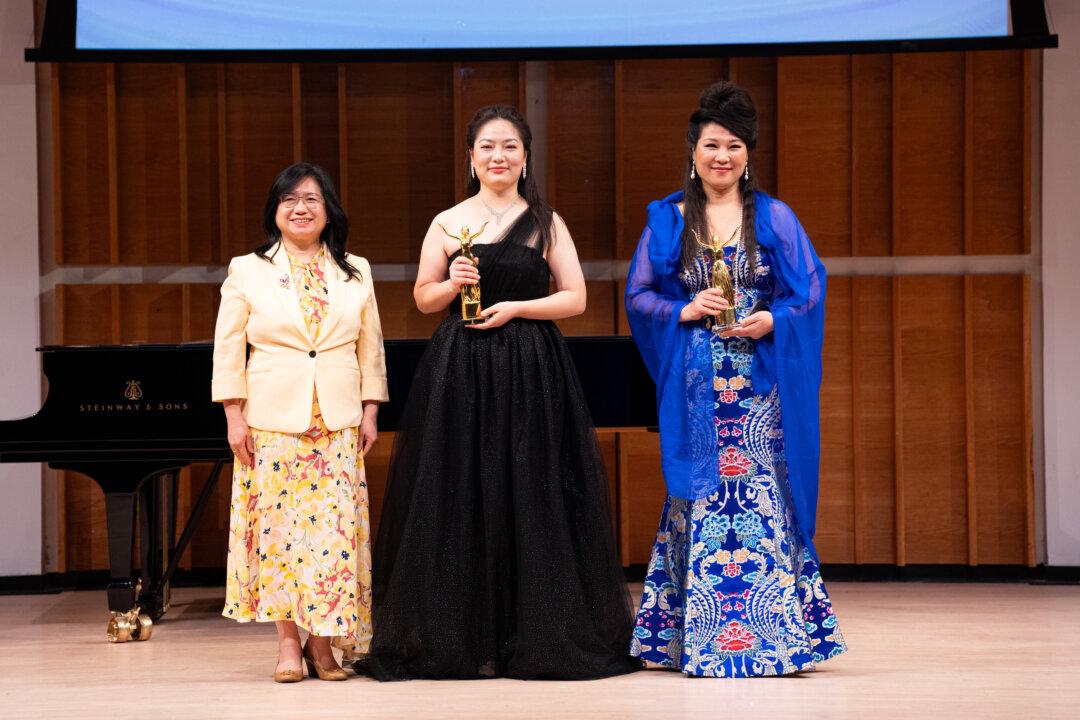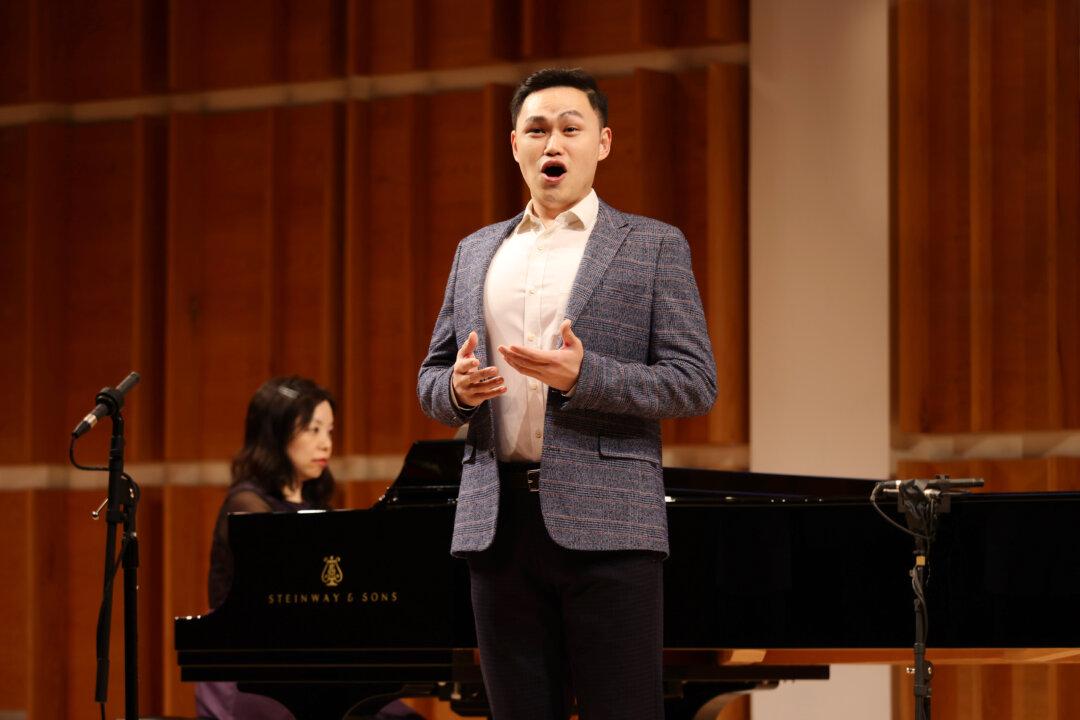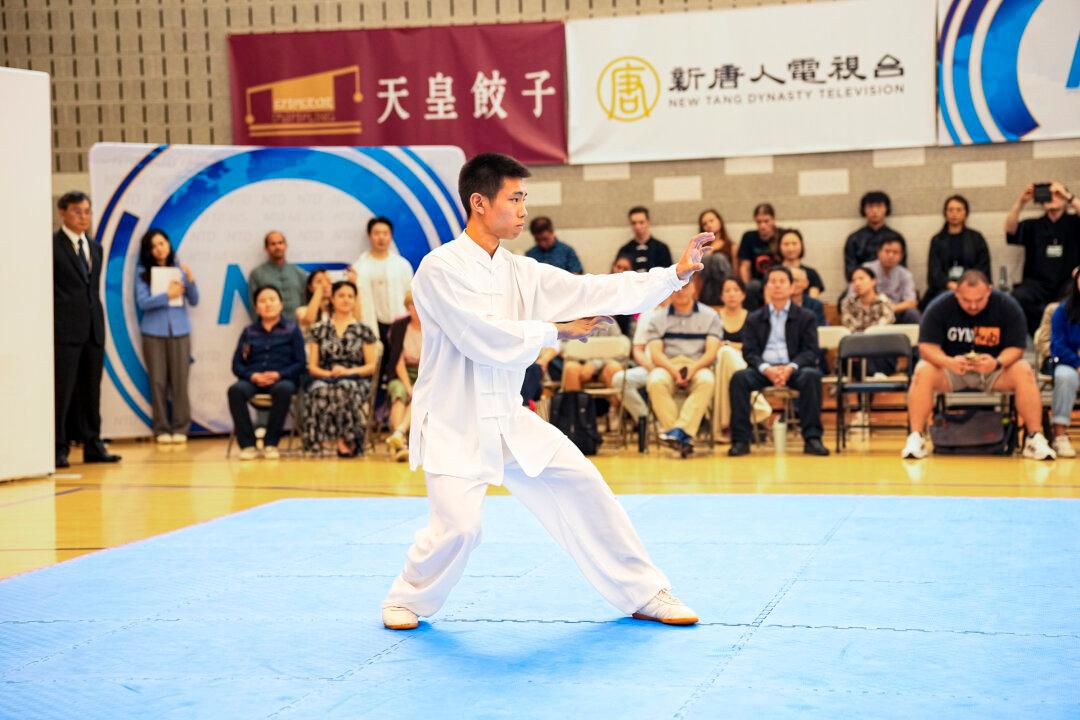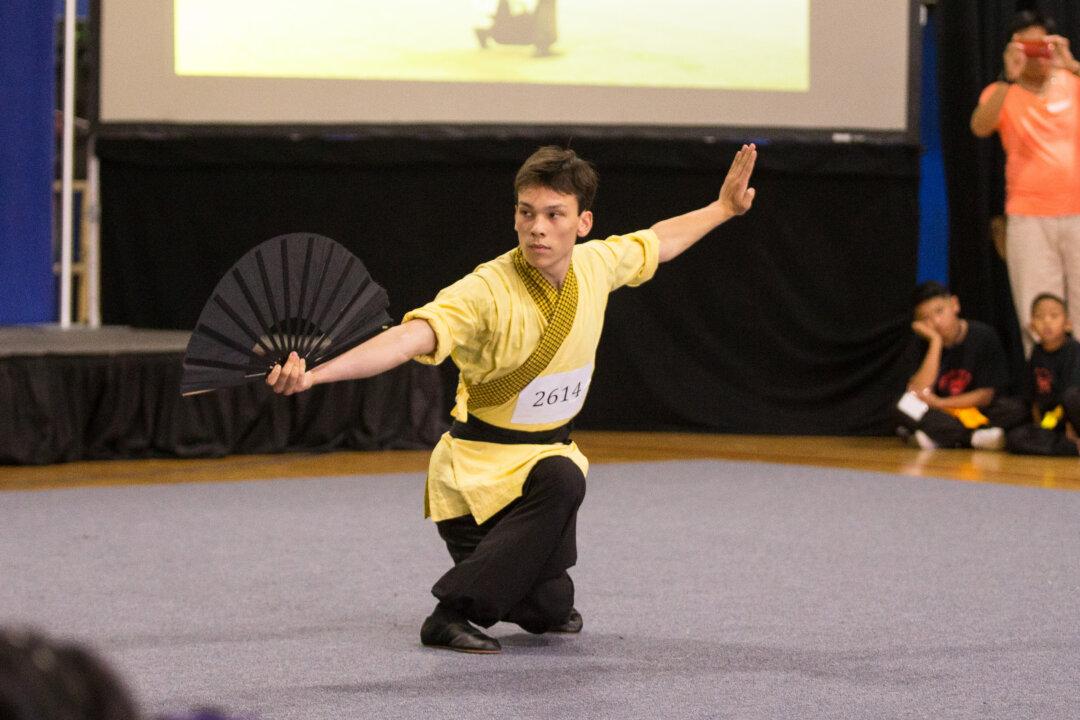In the years since Xi Jinping became leader of China, his administration has been in the process of carrying out an anti-corruption campaign that has brought down or threatened tens of thousands of officials.
Many of these potentially marked men send their assets and family abroad to countries like the United States or Canada in preparation for their own exile; now, even Japan, a nation known for its strict immigration policies, has become an option.
According to recent reports by Japan’s oldest newspaper, the Mainichi Shimbun, increasing numbers of Chinese, including senior Communist Party members, are using surrogate pregnancies to beget children with Japanese citizenship.
A Chinese broker in the business has successfully arranged 86 such pregnancies in the last four years. Fifty-eight were brought back to China by their genetic parents; the other 28 are still in Japanese nurseries. The babies are carried to term mostly by ethnic Chinese women living in Japan who are in debt or under hard circumstances.
The broker didn’t expect many people to be able to afford the expensive surrogacy process. Apparently, the business spread through word of mouth among Chinese officialdom.
While Japan has little foreign immigration, the country is “more lax in a lot of ways” when compared with the United States as a place of refuge for absconded Chinese officials, a Chinese man in his forties told Mainichi in a June 11 interview.
The man is the nephew of an important Communist Party official who was not named in the Mainichi report but is “sometimes seen in the pages of Chinese newspapers.” He arranged for his son to be born by surrogate in 2013. At the time, China’s current leader, Xi Jinping, had just assumed office and had begun targeting rival officials in his anti-corruption campaign.
For those associated with the old order, specifically the faction of former Communist Party head Jiang Zemin, the writing was on the wall.
“The Xi Jinping leadership is about to clamp down hard on corruption. We have to transfer our assets farther away from the authorities than we have been doing,” the man’s uncle had said.
Developments in Xi’s anti-corruption campaign have proven these fears to be grounded in reality. In 2014, Zhou Yongkang, former head of China’s legislative and internal security forces, was arrested and sentenced to life in prison the next year. Dozens of other officials with ties to the Jiang clique met similar fates, and, according to recent reports, Jiang Zemin himself may have been quietly taken into custody.
The man, whose son is now about 2 years old, decided to emigrate before anything happened to his family. His child already has over 2 billion yen (about $20 million) in a bank account under his name. After some negotiation, the man told Mainichi that it was only a portion of his family’s wealth, which was stored in different locations worldwide.
Because surrogate children are legally registered with Japanese fathers found by the surrogacy service, there is no way to trace money that was given to them by their biological parents. The sperm and egg of the parents are harvested, artificially fertilized, and then implanted into the Japanese surrogate.
Also in 2013, a Chinese woman in her mid-30s found a surrogate mother for her unborn child while staying in Shinjuku, Tokyo.
